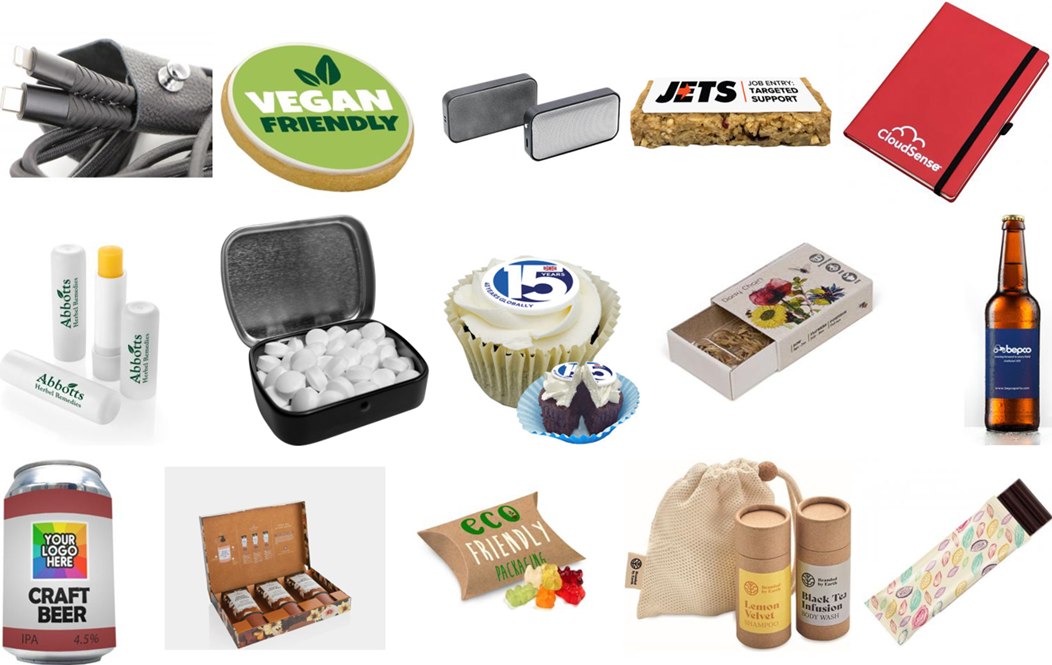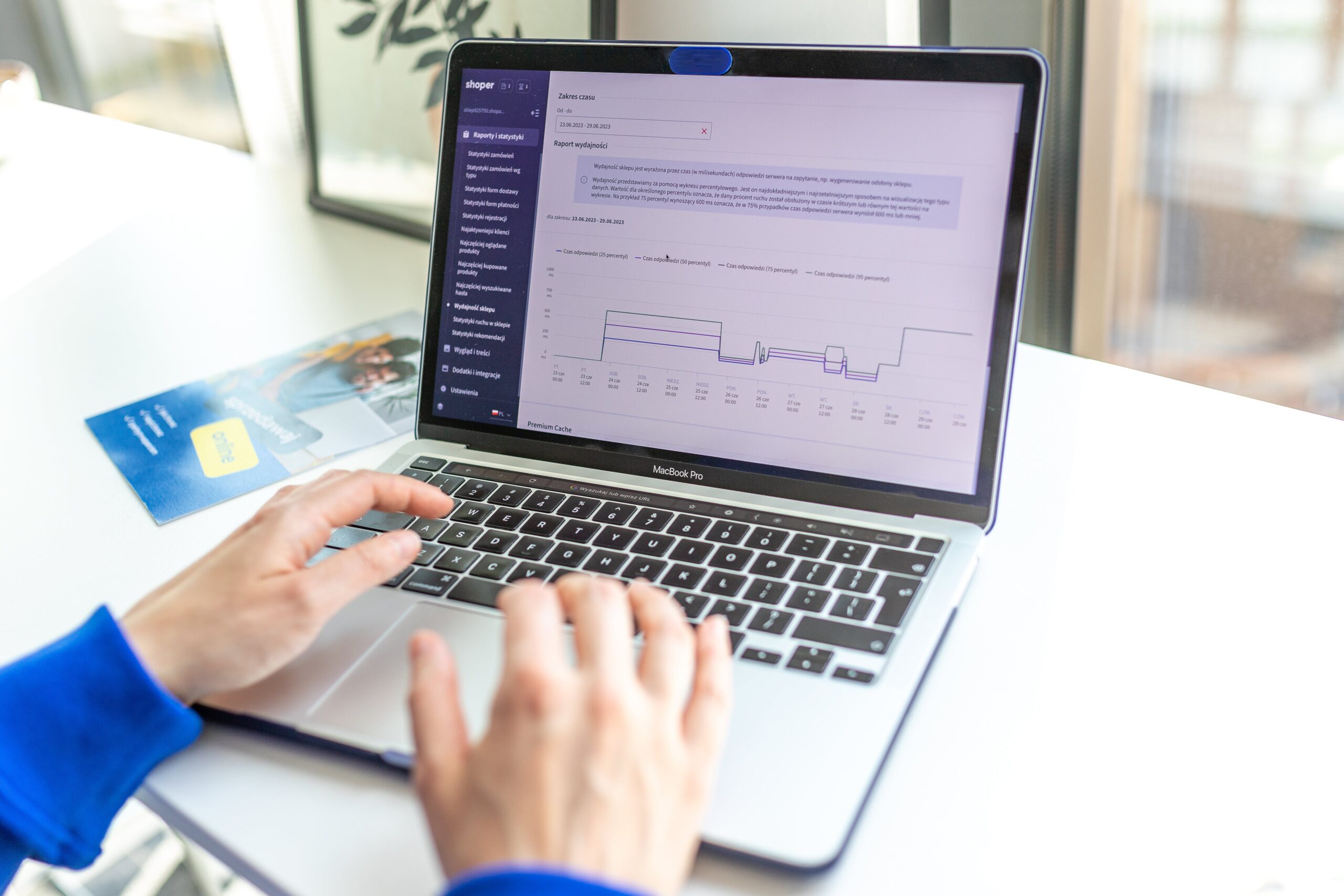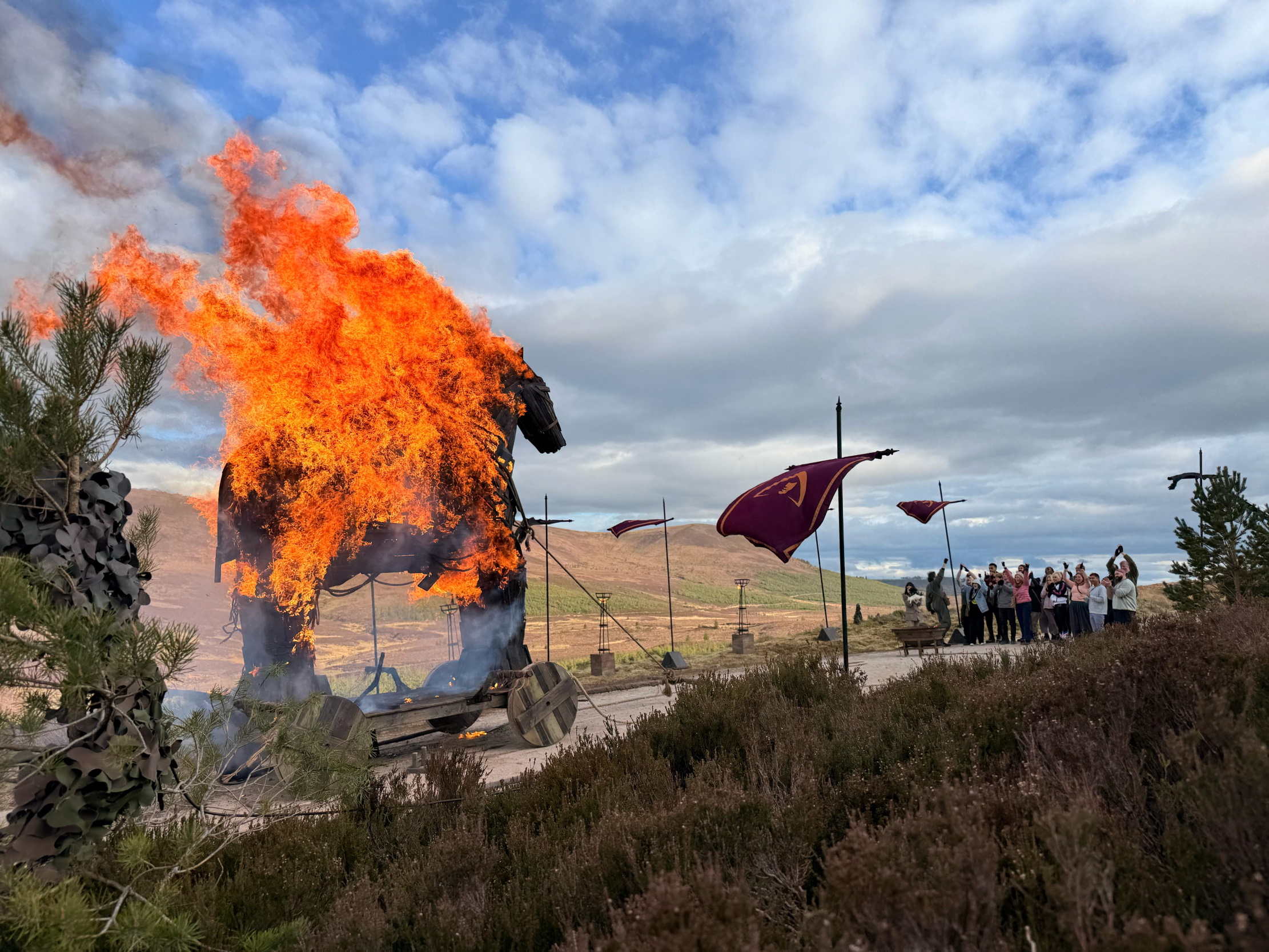A Step-by-Step Guide to Understanding Technical Translations
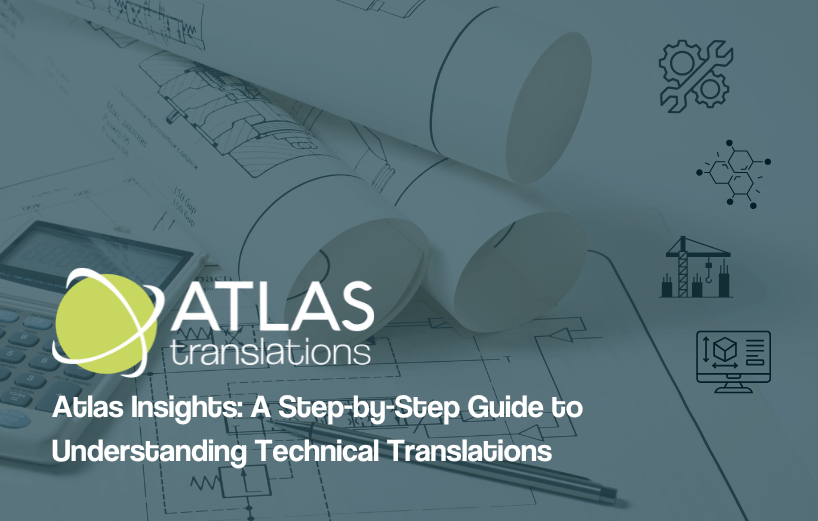
By Rachel Lambert for Atlas Translations
If you’ve ever tried reading a technical document in a language that is foreign to you, are we wrong to say that it can be a bit difficult? What about when that document is translated into your language? It’s easier, but now, clarity and precision are crucial. Atlas Translations stands out in the translation industry by prioritising these elements, especially in high-stakes technical fields. We’re going to walk through their step-by-step guide to understanding technical translation, explore their areas of expertise, and see why they’re trusted by clients worldwide.
Why Technical Translation Requires Precision
Technical translation is more than just translating words; it’s a high-stakes responsibility. In fields where detail is everything, even a minor error can lead to severe consequences.
The Essential Role of Accuracy
Accuracy is crucial in technical translations. Imagine a medical device manual or a software guide translated inaccurately—each misinterpretation could lead to safety hazards, project delays, or costly misunderstandings. In highly technical fields, every figure and term must be flawless to prevent critical errors.
Potential Consequences of Poor Technical Translations
Mistakes in technical translations can have lasting effects:
💷 Financial Costs
Wasted resources and blown budgets are only a couple of examples of how poor technical translations can hurt a company. Arguably, a more important example would be a damaged reputation.
⚖️ Legal Risks
In any regulated industry, poor technical translations may lead to lawsuits or compliance issues. However, in highly regulated industries, it can lead to an entire company going bankrupt 🤯
🦺 Safety Concerns
Poor technical translations in industries like aviation and healthcare can jeopardise lives.
Think about a project team that receives technical specifications, but a key term is poorly translated. This leads to unseen errors not noticed until one week before the product release date, creating panic and wasting resources. Accuracy isn’t just a goal; it’s essential for successful (and safe) outcomes in technical translation.
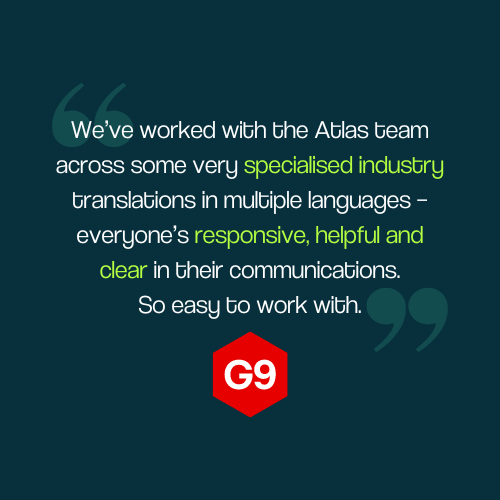
A Step-by-Step Process
Atlas Translations takes a careful, multi-step approach to technical translation, making sure that every document passes multiple quality checks. Here’s a breakdown of our process, designed for maximum accuracy and reliability.
Step 1: Selecting the Right Translator
The process begins by matching the project with a linguist. We don’t just assign any translator, though. We carefully select one with sector-specific industry experience, making certain they can provide a deep understanding of industry terminology and standards.
Step 2: The First Translation and Review
Once the initial translator completes their draft, we assign a second qualified linguist to review it. This second translator conducts a thorough assessment, suggesting improvements or refining terms to avoid issues and hiccups. This step makes sure we keep a high level of accuracy through a fresh perspective.
Step 3: In-House Quality Check
After the translation is reviewed, it moves to an in-house quality check. Here, our team evaluates the document for translation accuracy and layout quality. By confirming it aligns with the company’s high standards, we make sure our clients receive a polished, final product.
Step 4: Final Delivery to the Client
Phew! After passing all checks, the translation is ready for delivery. Clients receive a document that has been thoroughly reviewed, offering complete confidence in the translation’s accuracy and reliability. We love what we do, and our complete, transparent approach makes this process both effective and reliable.
Specialised Expertise Across Technical Fields
Atlas Translations doesn’t stop at language skills; we bring an understanding of various technical sectors, built up over 30 years of experience. We make sure that translations meet industry standards and respect the nuances of each field.
Key Sectors
There are many sectors and industries where we’ve shown our expertise over the years; some are well-known, others not so much:
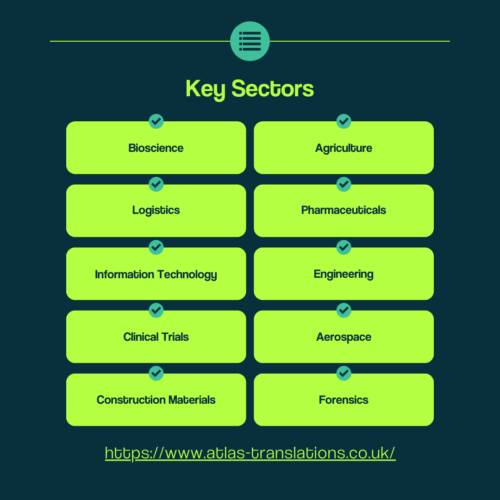
Each field has its own vocabulary and context. Translating a software guide differs significantly from an agricultural report, and Atlas understands how to handle each sector’s challenges seamlessly.
A Hypothetical Technical Challenge
Imagine a scenario involving a technical publication filled with jargon specific to emerging technologies. The team might need to translate terms like “process optimisation through biocompatibility enhancement” in a way that preserves the content’s meaning. Here, our collaboration with industry experts and their understanding of context makes sure we keep the accuracy, without losing the original nuance and meaning.
Additional Services: Beyond Translation
While Atlas specialises in translation, they also offer a range of complementary services to enhance the client experience. Here are some of the ways we add value to technical translation projects:
Voiceover, Transcription, and Typesetting
Atlas Translations provides voiceover, transcription, and typesetting, each adding their own boost to the final product:
Voiceover: Ideal for audio projects, native speakers bring authenticity to videos or ads.
Transcription: Captures spoken words in the text, which is super useful for interviews, lectures, or podcasts.
Typesetting: Make sure professional formatting is used for improved readability and presentation.
It’s a Wrap!
Atlas Translations provides a quality-driven approach to technical translations and considers things like accuracy, reliability, and sector-specific expertise as non-negotiables. We have over 30 years of experience providing technical translations in IT, engineering, clinical trials, logistics, pharmaceuticals, and more. We’re all about offering you more than just a translation service—we’re here to provide a trusted partnership.
If you’re an organisation that values precision and reliability, you’re going to love Atlas Translations—our Mums do, so we’re sure you will 😍
Contact Us
We’d love for you to contact Atlas Translations. We’re here for a chat or to answer questions!
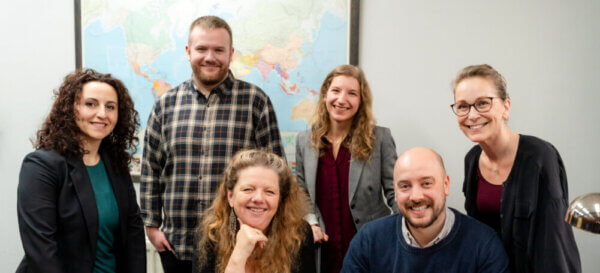
Call us on 01727 812 725 or email us at [email protected] to let us know what you need. We respond quickly to all enquiries!
If you’d like to meet us face to face, learn more about our translation and language services, or deliver documents, please email or call us to arrange a meeting.
Use the Live Chat option during UK working hours to ask us any questions. You’ll chat with a real, live human—no bots here! Just click the little icon at the bottom right of your screen to start chatting with us.
If you need a quick quote, we have a handy Get a quote button located at the top of our website where you can get an estimate for your needs.
Can I Trust Atlas Translations?
Yes, you can! But if you’re looking for proof that you can click on, here’s some info:
Atlas Translations holds two ISO certifications — ISO 9001:2015 (Quality Management) and ISO 17100:2017 (Translation Services).
If the project is highly confidential, we can sign a non-disclosure agreement (NDA) for added peace of mind.
Are you wondering if we’re up to date on privacy? We registered with the Information Commissioner’s Office (ICO) over 20 years ago and have always placed a high importance on data protection.
You can read more about our commitment to quality here.
Atlas Translations prides itself on providing fast, friendly, and high-quality language services. But don’t just take our word for it—see what our clients are saying about us.
We’re also on TrustPilot, and you can read our reviews here.
Global Voice, Local Touch
If you’re looking for some top tips for partnering with Atlas Translations, we have some top tips to share! We answer 25 of our clients’ most frequently asked questions, ranging from typesetting queries to discussing reference materials.
Company Profile
MCH HUBS
RECENT ARTICLES






